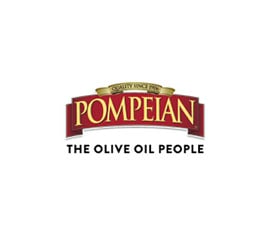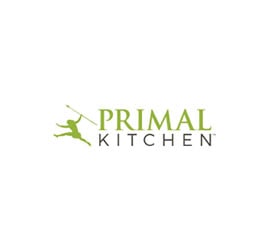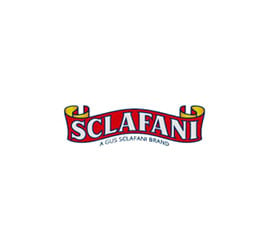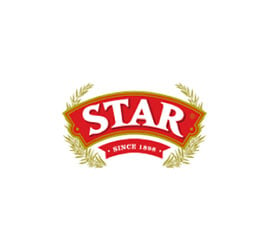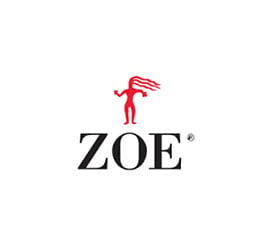“NAOOA Certified” Seal Olive Oils
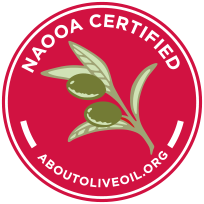
The North American Olive Oil Association (NAOOA) conducts the nation's largest and most complete olive oil testing and certification program. In 2025, 49% of branded olive oils sold in the U.S. had the NAOOA Certified seal (as per Nielsen data)! We purchase olive oil from supermarkets and test multiple times per year for adherence to the physico-chemical standards set by the International Olive Council (IOC) for both purity and quality. The olive oils listed below are currently certified.
LOOK FOR THE NAOOA CERTIFIED SEAL WHEN SHOPPING FOR OLIVE OILS.
ALDI
- Carlini Olive Oil
- Priano Extra Virgin Olive Oil
- Simply Nature Organic Extra Virgin Olive Oil
- Sicilian PDO Certified Val Di Mazara Extra Virgin Olive Oil
KIRKLAND
- Kirkland Signature 100% Italian Extra Virgin Olive Oil
- Kirkland Signature Olive Oil
- Kirkland Signature 100% Spanish Extra Virgin Olive Oil
- Kirkland Signature Organic Extra Virgin Olive Oil
MEMBERS MARK
- Member's Mark Organic Extra Virgin Olive Oil
SPROUTS
- Sprouts Extra Virgin Olive Oil
- Sprouts Farmers Organic Extra Virgin Olive Oil
WHOLE FOODS
- Whole Foods Market Extra Virgin Olive Oil from Seville
- Whole Foods Market Extra Virgin Olive Oil from Portugal
- Whole Foods Market Extra Virgin Olive Oil from Morocco
- 365 Spanish Extra Virgin Olive Oil
- 365 Greek Extra Virgin Olive Oil
- 365 Italian Extra Virgin Olive Oil
- 365 Italian Extra Virgin Olive Oil - Unfiltered
- 365 Mediterranean Blend Extra Virgin Olive Oil
- 365 Mediterranean Blend Extra Virgin Olive Oil - Organic
- How does the NAOOA Certified Seal program work?
Participants in the NAOOA Certified Seal program must agree to have us randomly test their products regularly and repeatedly (at least 2x per year). We sample from store shelves and submit the samples to certified independent laboratories. The oils are tested to ensure that they meet or exceed the physico-chemical standards set by the International Olive Council (IOC) to ascertain purity and quality. Participants pay a fee to participate in the program (to cover the cost of testing and overhead expenses) and license the NAOOA Certified Seal for use on their packaging. It does not mean that we test every bottle or even every lot. However, the penalty for getting caught is severe. If we can confirm that a product we have tested is not authentic, the company is required to conduct a recall of the licensed products from all stores across North America.
- Do you test all brands?
No. We only test bottles of companies that agree to take part in the program. The program is currently only open to members of the North American Olive Oil Association.
- Does the fact that an olive oil does not have your seal mean that the olive oil is not authentic?
The answer is emphatically no. According to a study conducted by scientists from the FDA in a study published in 2015 that the risk of purchasing a bottle of adulterated EVOO is low (less than 5%). The scientists randomly sampled 88 bottles of EVOO that they purchased from supermarkets and online stores, and did not find a single instance of adulteration. We invite you to read more stories related to olive oil quality on our blog. So even if a product does not have a certification seal, you should feel confident you are getting authentic products, especially if you buy from a retailer that you trust, select a brand that you know, and/or do not pay a price that is “too-good-to-be-true.”
- The brand I usually buy does not have your seal…when will you test it?
We only test brands that agree to be part of our program. Please inquire with the brand and suggest that they might join.
- I just purchased a bottle from a company whose name is listed on your webpage of certified brands, but the bottle does not have the seal on the label. Does that mean it is not authentic?
No. There are a couple of reasons why this may be the case. First, the NAOOA Certified Seal program is product specific—not company specific. Companies have to pay the fee for each separate named product. A company might agree to pay the fee for their best-selling item, e.g., “Premium EVOO,” but not for a product that does not have wide distribution or high sales, e.g. “Organic Limited Edition EVOO.”
Second, companies in the program are not required to put the NAOOA Certified Seal on their labels. Many are content just to have the seal listed on the website or share the information with retailers because labels get crowded and they may wish to use the space for other information.
- How can my company join the NAOOA Certified Seal program?
If your company is interested in licensing the NAOOA seal for your olive oil brand, please complete the form at https://www.aboutoliveoil.org/naooa-seal-program-inquiry-form

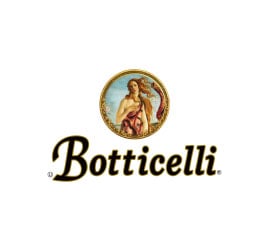
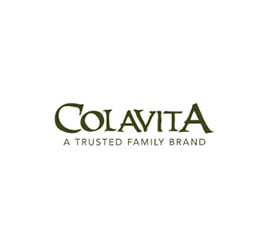

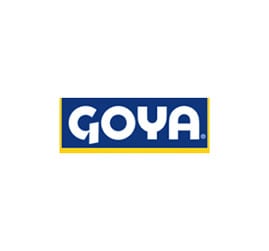


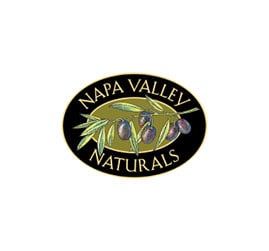
.png?width=100&height=145&name=origin%20846%20logo-2%20(1).png)
